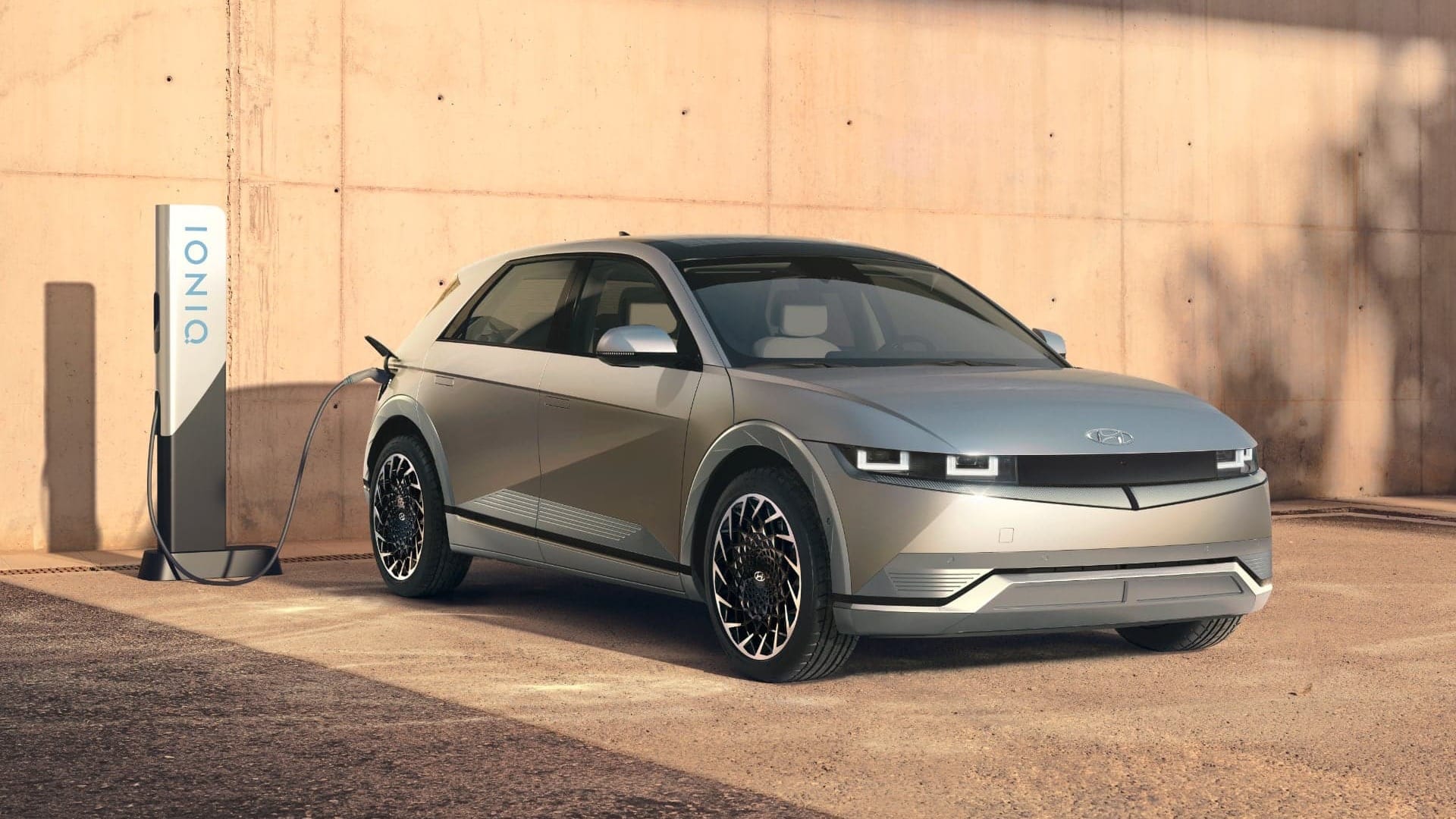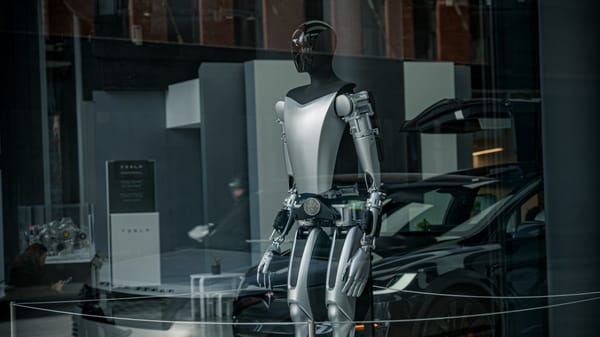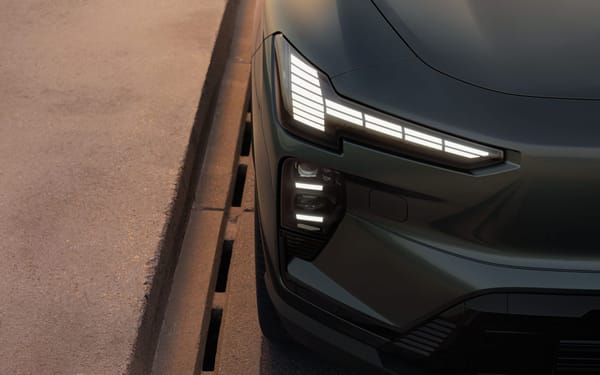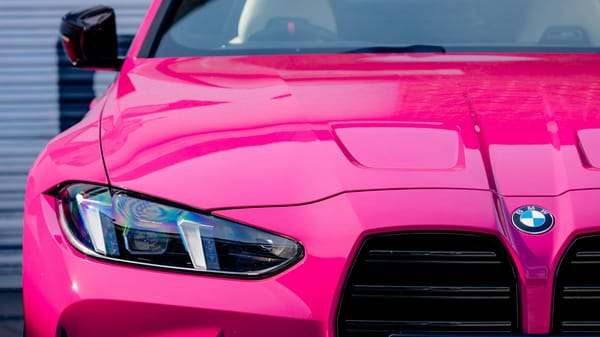You'll be needing an antivirus subscription to keep hackers out of your car
I hate to say it, but it looks like we're probably going to add another monthly cost to the increasing list.

Today Hyundai announced it will be charging 49 quid (about 60 euro's) for an upgrade that helps keep car thieves out of UK based owners of the Ioniq 5. It's mostly geared towards the practice in which car thieves try to locate the signal of the keyfob, clone or repeat it, so the car will open and they can drive off.
Firstly: it's kind of stupid to ask money for an update that gets you a feature that you should be able to expect as standard: keeping thieves out with a lock and key. But to make things even worse, the described practice of cloning keyfob signals not exactly new and should have been covered off by Hyundai to begin with. Especially since its for the Ioniq 5, which has only been around for about five years.
Secondly: other car manufacturers have been faced with the same issue and presented their clients with free updates in the recent years. Even for way older cars than the Ioniq 5.

Whatever you think of Hyundai's extra stream of income, the extra charge made me think of the time the world was on fire because BMW tested a subscription model for heated car seats. In that case the unbelievable amount of backlash that generated, caused BMW to cancel the test and we haven't heard anything about it since. But this is different. For this kind of cybersecurity it makes sense. Just hear me out.
The gossip about the subscription model has been hanging around ever since seatgate (let's call it that), and at fist it seemed car manufacturers were going to charge extra for fun stuff like some extra horse power. But seeing the increasing threat car makers are facing from hackers that trying to open car locks from a distance is increasing daily.
Last year I spoke to a couple of security experts about this topic: hackers getting into cars because of the increased connectivity of the vehicles. I asked if they could lock cars with ransomware and demand cash to unlock it. In theory anything would be possible, but the experts claimed the effort was way to big and the gains to small to make sense for groups of criminals to hack into cars.
But that seems to be changing. Cars are getting more generalized computer systems which in theory reduces the amount of hacks that have to be done to gain full control. More importantly, thanks to increasing connectivity of cars, centralized services are being able to communicate with large amounts of vehicles at the same time. That means hackers can just target these systems to gain access to whole fleets.
That seems to be starting to happen. Just a couple of days ago a hacker claimed he got remote access to cars from a badly secured software portal at a car dealership. And there have been tons of hacks into Tesla's in which cars were remotely locked and taken control.
The thing is, it's costing car manufacturers tons of cash to keep their increasing amounts of gathered data and managed services safe from hackers. They're also having to keep to ever changing safety standards, which means continued investments.
Charging a monthly fee to customers to keep them extra safe could absolutely make sense here. It's what you've been paying for to keep your PC safe for years. You're used to it, so why not do exactly the same to keep your four-wheeled iPhone safe too. You'd be stupid not to, right?
And yes, you're right, manufacturers have been subsidizing this and other parts of their business with the sale of personal data they're increasingly gathering from the connected cars they're having to protect.
I also agree that manufacturers have a certain responsibility for keeping bad digital people out of your car. But I'd also argue that it's exactly the same way Microsoft and Apple have been doing business for ages. You get bare bones security and the necessary updates, but if you want real protection, you're going to have to subscribe to an app from a cybersecurity specialist.
I hate to say it, but it looks like we're probably going to add another monthly cost to the increasing list.
Also: manufacturers reading along: please don't take this as an idea. At least not without cutting me in for a percentage.
In other news:
The Ultimate Driving Machine is no longer going to be bound to paved roads. According to rumors BMW is working on a car that can outclass the Mercedes G-Class. Why? It seems to be because the XM needs to be replaced. Love it or hate it, it's not doing as bad as you'd think in sales. The Dutch CEO of the brand told me in an interview that since the XM is priced so close to a decent specced X5, many people decide to just
Did you know that you don't need an electric car to beat an speed record set by an electric car? Koenigsegg has proven that with some insanely clever engineering and a 5.0-liter V8, you can kick a Rimac Nevera R's ass. At least when it comes to a 0-400-0 km/h-record. The Swedish Koenigsegg Jesko Absolut only needed 25.21 seconds to get up to speed and slow back down again, where the Croatian electric hypercar needed 25.79 seconds.
Another day, another range record shattered. This time Polestar took the 3 out for an extremely long and slow drive. It took more than 21 hours to do the 935 kilometers on a single charge. Let's just say that no highway speeds were reached that day, at least not for a meaningful amount of time. But the car was completely stock and drove through England for the record, so it's also safe to say that no optimal conditions were seen.





